
@psmaldino.bsky.social @babeheim.bsky.social
@psmaldino.bsky.social @babeheim.bsky.social
www.eva.mpg.de/events/2025-...

www.eva.mpg.de/events/2025-...

In a new paper in Proc B @royalsocietypublishing.org, Luz Carvajal and I show that a bonobo (Kanzi) can keep mental tabs on the whereabouts of multiple hidden social partners
royalsocietypublishing.org/eprint/4GI7G...

In a new paper in Proc B @royalsocietypublishing.org, Luz Carvajal and I show that a bonobo (Kanzi) can keep mental tabs on the whereabouts of multiple hidden social partners
royalsocietypublishing.org/eprint/4GI7G...


www.sciencedirect.com/science/arti...

www.sciencedirect.com/science/arti...
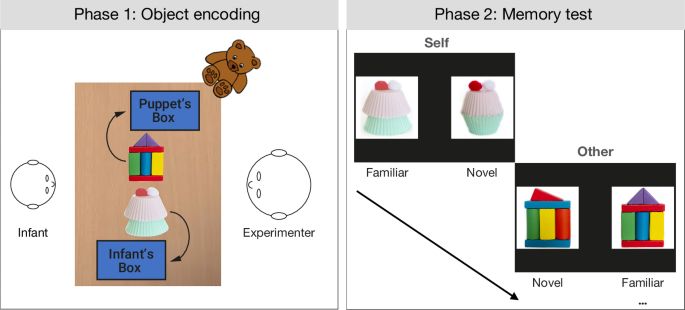
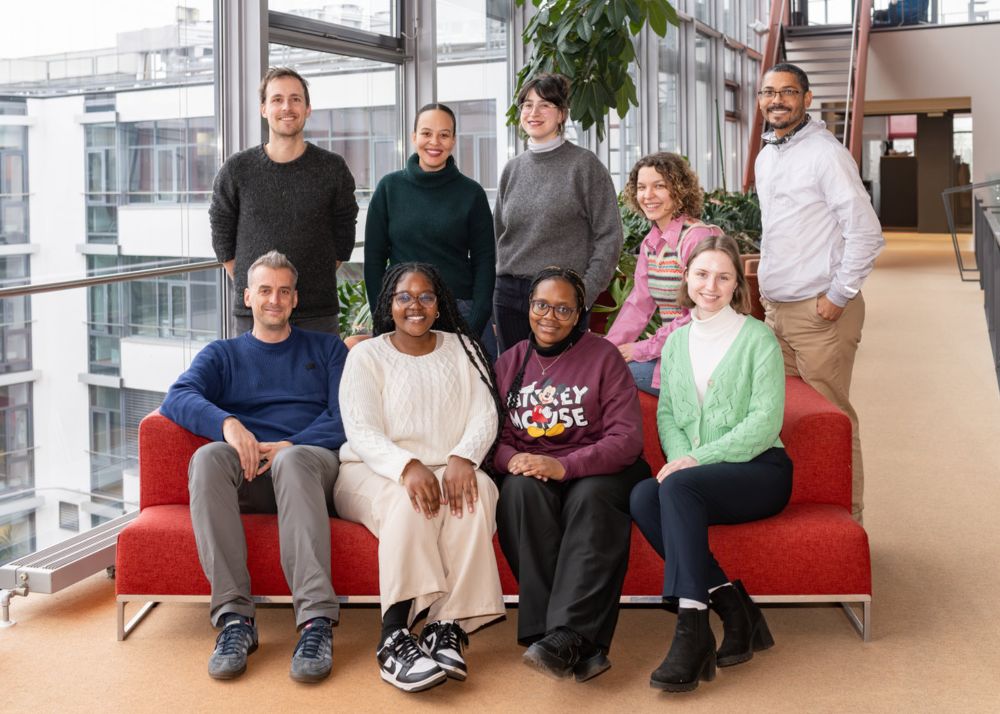
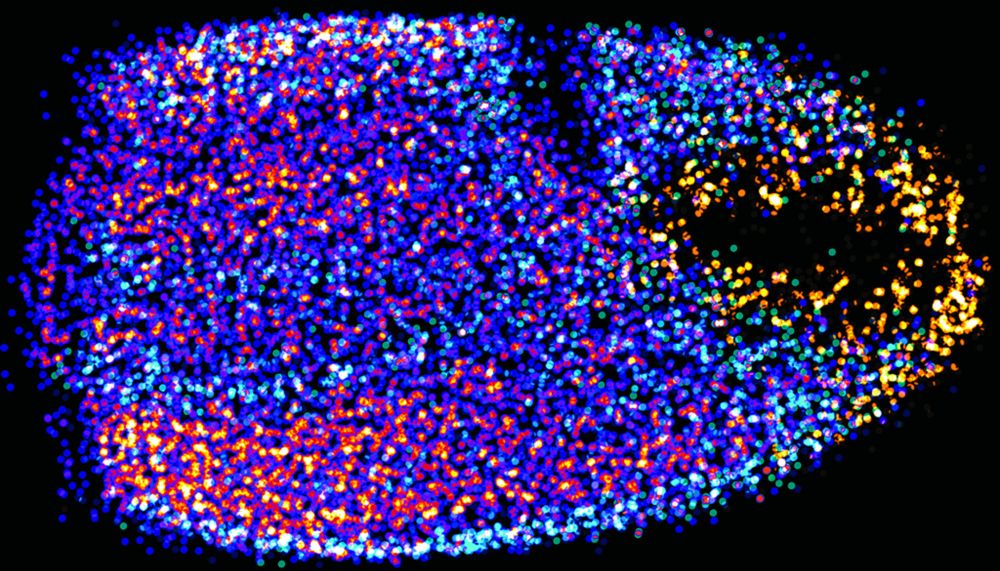
Are you curious about
🧒 developmental,
🌍 cross-cultural
🦧 species comparative
research on cooperative sustainability?
All info here or dm me with questions!
career2.successfactors.eu/sfcareer/job...
Please share! 🙏
Are you curious about
🧒 developmental,
🌍 cross-cultural
🦧 species comparative
research on cooperative sustainability?
All info here or dm me with questions!
career2.successfactors.eu/sfcareer/job...
Please share! 🙏
journals.plos.org/plosone/arti...
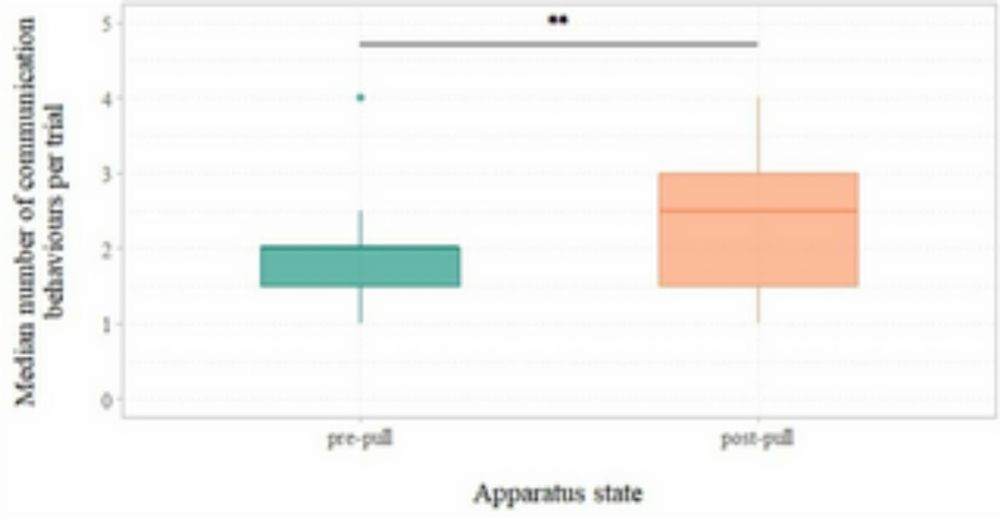
journals.plos.org/plosone/arti...
We found #orangutans develop #nest-building skills through observational #sociallearning, #selectiveattention
to“know-how” and transmission of“know-what” information.
🦧🦧🦧🦧
#academicsky
#primates
#science
#biologicalscience
#warwickpsych
🦧🦧🦧🦧
link.springer.com/content/pdf/...
We found #orangutans develop #nest-building skills through observational #sociallearning, #selectiveattention
to“know-how” and transmission of“know-what” information.
🦧🦧🦧🦧
#academicsky
#primates
#science
#biologicalscience
#warwickpsych
🦧🦧🦧🦧
link.springer.com/content/pdf/...
doi.org/10.1093/oxfo...
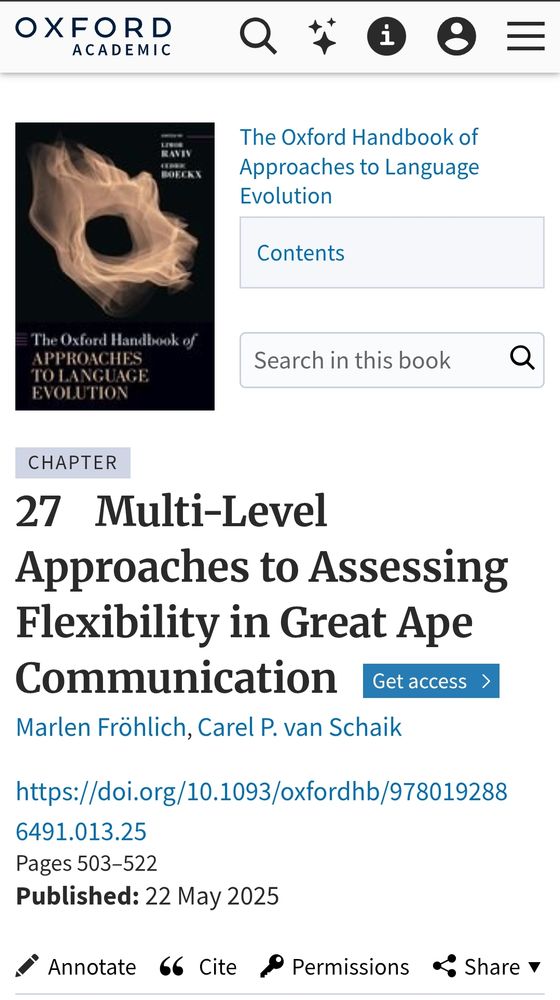
doi.org/10.1093/oxfo...
Individual differences in great ape cognition across time and domains: stability, structure, and predictability
48 apes 🦍, 10 tasks 🧠, 10 sessions📊, 1.5 y📅
✅ Stable individual traits
❌ No g-factor
🤝 Social ≠ non-social
🔗: osf.io/preprints/ps...
Individual differences in great ape cognition across time and domains: stability, structure, and predictability
48 apes 🦍, 10 tasks 🧠, 10 sessions📊, 1.5 y📅
✅ Stable individual traits
❌ No g-factor
🤝 Social ≠ non-social
🔗: osf.io/preprints/ps...
Bonobos are often cited as the 'most empathic ape' yet a comparison to their chimp cousins has never been done. So we directly compared their consolation tendencies
We found big overlaps between the two species plus considerable within-species variation
open-access link below!

Bonobos are often cited as the 'most empathic ape' yet a comparison to their chimp cousins has never been done. So we directly compared their consolation tendencies
We found big overlaps between the two species plus considerable within-species variation
open-access link below!
We study everyday experiences in children from 🇰🇪🇩🇪🇹🇷 and use ML models to quantify interactions.
4 years, fully funded, great team, beautiful location. Please share and apply!
tinyurl.com/2mafdyh4
We study everyday experiences in children from 🇰🇪🇩🇪🇹🇷 and use ML models to quantify interactions.
4 years, fully funded, great team, beautiful location. Please share and apply!
tinyurl.com/2mafdyh4

